
A methodical and compassionate companion for those seeking to improve their lives, Transcending Anxiety: From Fear to Freedom by Manal El-Ramly brings the stark reality of inner turmoil to light and offers practical strategies to overcome this lifelong struggle.
The guide begins with an introduction to a unique model of anxiety, detailing how it can manifest in our Four Bodies – physical, emotional, mental, and egoic. These four aspects of experience form our overall relationship to life, and the presence of anxiety or fear in any one aspect will present itself in different ways. The text then illuminates the critical roles of these Bodies in our social and individual lives, illustrating the wisdom that each of these areas offers, and allowing us to overcome the paralyzing grip of chronic stress.
Subsequently exploring the unacknowledged fears that form the basis of our anxiety, El-Ramly outlines the Mattain Method, her five-step process for navigating the cyclical physiological disruptions that are driven by our deepest fears. These pragmatic steps help one move from undesired states of fear and worry into desired states of acceptance, peace, open-mindedness, and vitality, without being bogged down by the Universal Fears (fear of failure, being unlovable, and death). The interactive elements interspersed throughout the guide – for example, brief breathing exercises or thought-provoking prompts that set the tone for the chapter ahead – provide an effective mix of macro and micro approaches to inner wellness.
Drawing on her wide-ranging career in both hard and soft sciences, from mechanical engineering to faith and spirituality, the author offers a unique perspective on a timeless problem, one that considers both the analytical and the abstract in the pursuit of healing. Importantly, El-Ramly doesn’t attempt to replace or reject the work of psychiatric professionals, nor is she attempting to treat a particular diagnosis. The “anxiety” broadly referenced in the book is instead a broad term for the fatigue, burnout, exhaustion, and existential crises that have become so common in modern lives. This makes the book more accessible than some self-help manuals that are either too spiritually focused, or too clinical, inviting readers to a persuasively holistic style of healing, rather than the standardized Western approach.
The detailed discussion of our egoic aspect stands out, in particular, as it is the Body that seems to receive the least attention in the wider genre of personal development, making a compelling argument about taking a proactive approach to personal wellbeing through a deeper understanding of our physical experiences, emotional reactivity, cognitive processes, and egoic beliefs, as it relates to our mental outlook, which is especially comprehensive in a field that can be filled with platitudes. The Key Lime Pie metaphor is a memorable and inclusive reframing of Maslowe’s classic hierarchy, but this is just one of many such tools and updated systems that clarify the author’s philosophy.
Overall, El-Ramly succeeds in keeping readers actively engaged, blending familiar phrases and personal development jargon with original language and terms – her Mattain-speak – and this expanded lexicon gives the book an original pull, which builds on old ideas while creating new methods for personal development. Though some ideas are restated too often, this book is a profoundly insightful resource, providing concise language to help clarify one’s emotional space fully and clearly, and comprehensively addressing a silent but growing crisis in modern life.
Book Links
STAR RATING
Design
Content
Editing
Get an Editorial Review | Get Amazon Sales & Reviews | Get Edited | Get Beta Readers | Enter the SPR Book Awards | Other Marketing Services



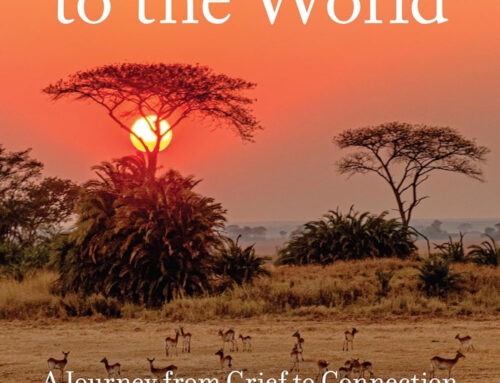

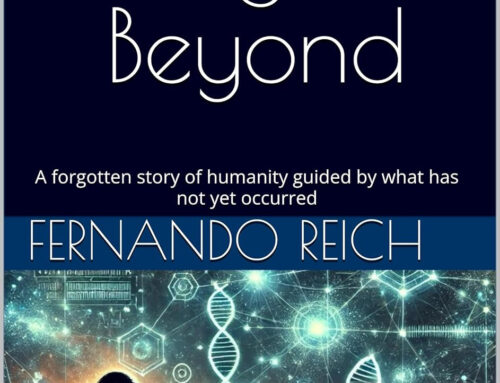
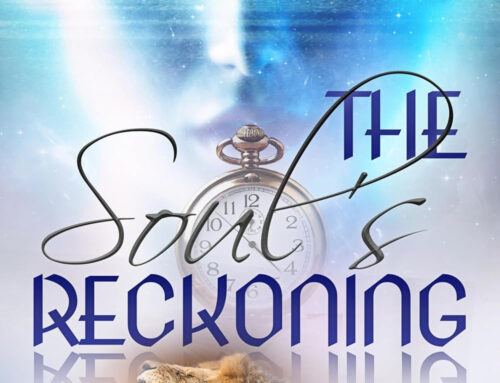
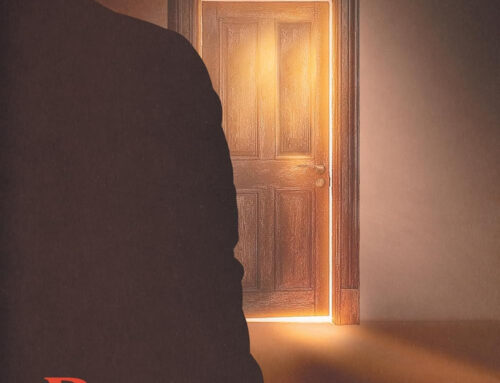

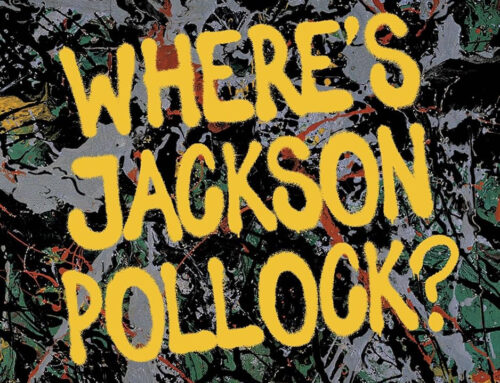
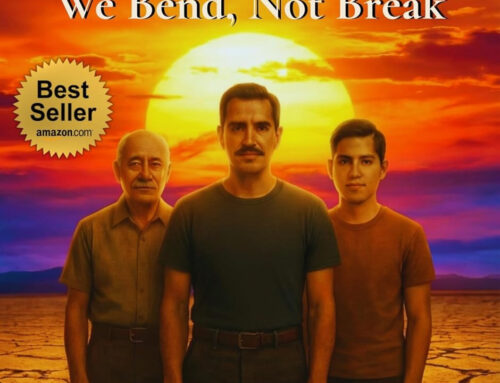
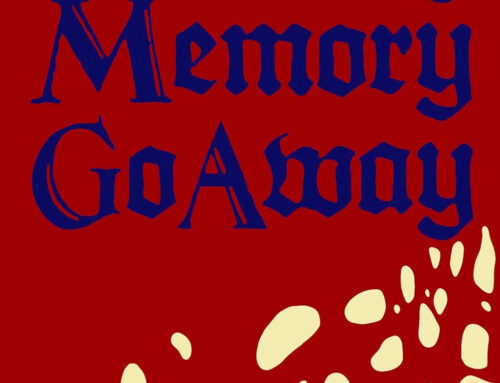


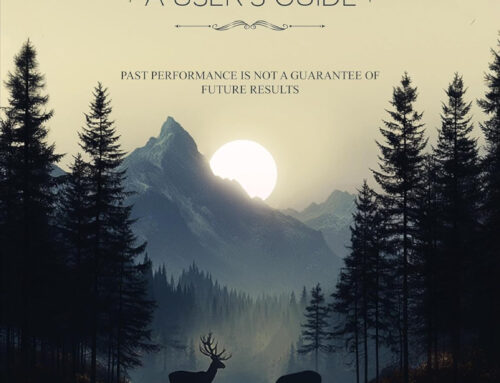
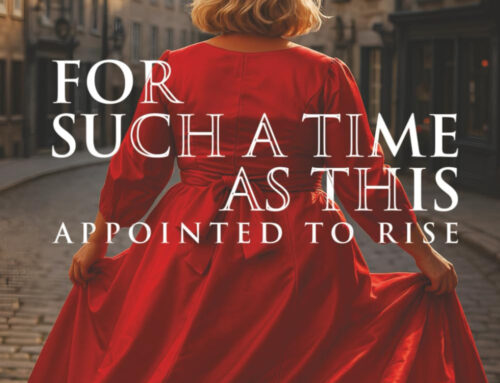



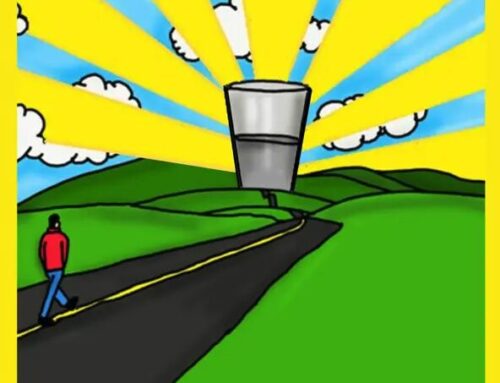
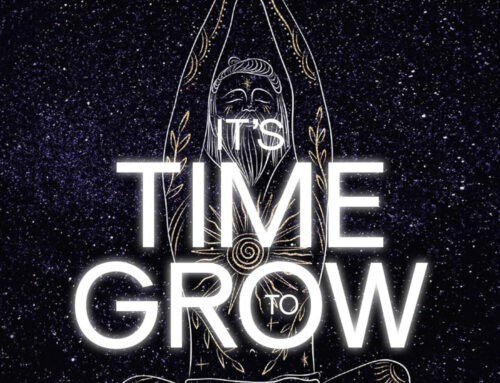
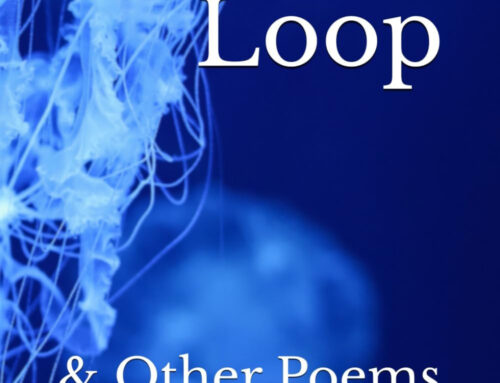
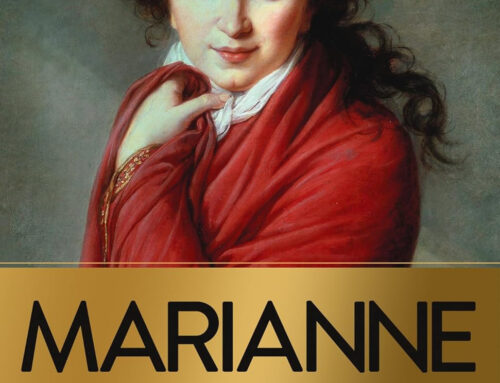
Leave A Comment